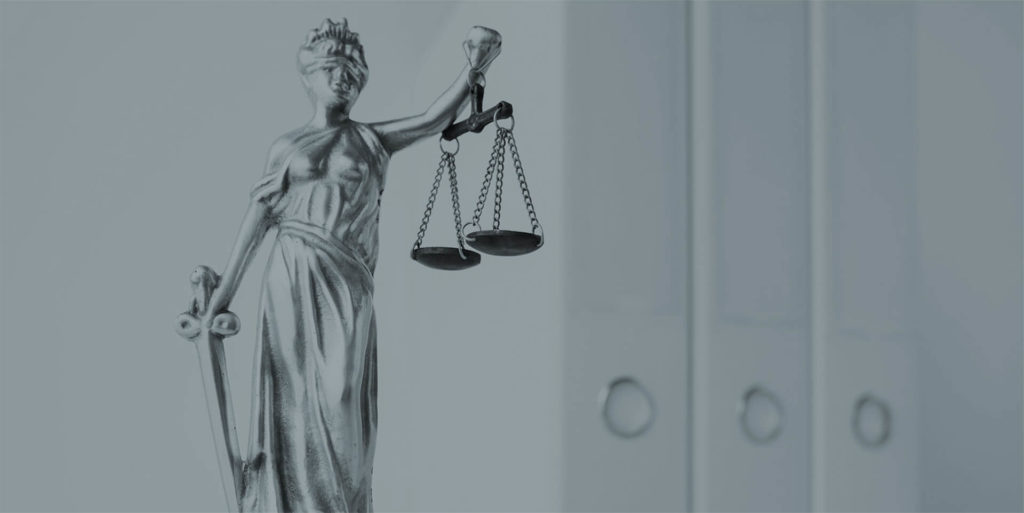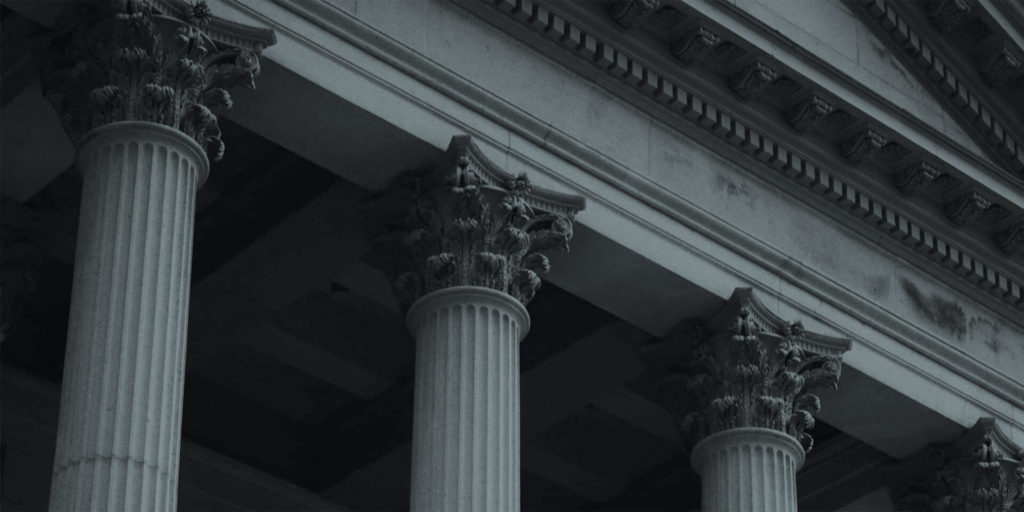Send your enquiry.
Contact us for a free, initial no obligation consultation.
"*" indicates required fields
Your information is safe and treated in accordance with our Privacy Policy
A Confiscation Order is a type of court order that seeks to recover the proceeds of crime. It is issued when someone has been convicted of a criminal offence and has deemed to have benefitted from crime or a criminal lifestyle.
Criminal defence solicitors – England and Wales
If confiscation proceedings have been started against you, you need to instruct an experienced defence solicitor. We can represent you throughout proceedings, submitting evidence to reduce the available amount. Contact us now for a free initial enquiry.
When is the purpose of a Confiscation Order?
The purpose of a Confiscation Order is to ensure that ‘crime doesn’t pay’. The authorities want to make sure that people do not benefit from crime. The aim of a Confiscation Order is to recover the proceeds of criminal conduct, preventing financial gains being made via illicit means.
When is a Confiscation Order issued?
Confiscation proceedings can only be started once someone has been convicted of a criminal offence. Following a guilty verdict, the prosecution can apply for a Confiscation Order under the Proceeds of Crime Act (POCA) 2002. Confiscation proceedings are heard in the Crown Court. The court will grant this application if there has been a ‘criminal benefit’. There are two types of benefit:
- Benefit from particular criminal conduct
- Benefit from general criminal conduct
What does benefit from particular criminal conduct mean?
This means that you have been convicted of a criminal offence and you have benefitted financially as a direct result of committing that offence. For example, it could be that you are found guilty of insurance fraud. Any money that you obtained via a fraudulent insurance claim will be considered the proceeds of crime.
What does benefit from general criminal conduct mean?
This means that you have benefitted from a criminal lifestyle, rather than a particular offence. The court will say that you have had a criminal lifestyle if:
- You are convicted of certain offences such as drug offences, money laundering, people trafficking, terrorism, counterfeiting or blackmail; or
- You are convicted of an offence that took place over at least six months; or
- You are convicted of an offence that forms part of a ‘course of criminal activity’
What can be recovered under a Confiscation Order?
Any assets that were obtained using the proceeds of crime can be recovered under a Confiscation Order. This includes money, property, vehicles and jewellery, to name but a few examples. It can also extend to gains that were made using the proceeds of crime. For instance, if a property is purchased using profits from drug offences, then any rental income generated from that property could also be considered the proceeds of crime.
How is a Confiscation Order calculated?
The court will calculate the value of the criminal benefit. The court will also determine what assets you have available, including legitimately gained assets. This is the total sum of your realisable assets, minus any court fees or preferential debts. You will either have to pay the criminal benefit or the available amount – whichever is lower. You may have to sell your legitimately gained assets in order to fulfil the payment under the Confiscation Order.
How does the court know what assets I have?
You will be asked to disclose details about your finances. The prosecutor will then put together a Statement of Information for the court. This outlines your available assets and the alleged benefit you have gained from an offence or criminal lifestyle.
While an officer is investigating your finances, you may be accused of having hidden assets. In other words, the authorities are claiming that you have further assets that you are not disclosing, with the intention of protecting them from the Confiscation Order. This is a
complicated situation, as the burden is on you to prove that these hidden assets do not exist. Your solicitors will need to serve a Defence Response, confirming the veracity of your financial disclosure.
How long do you have to pay a Confiscation Order?
The court will stipulate how long you have to pay the order. Sometimes, it is payable straight away. However, if you have to sell assets to release funds, you will be allowed up to three months. This can be extended for a further three months in exceptional circumstances, meaning you could have up to six months to fulfil the payment.
What happens I don’t pay a Confiscation Order?
If you do not pay a Confiscation Order, then the court can take enforcement proceedings against you. Third parties may be instructed to sell your assets to collect the amount owed.
You also risk further penalties, including imprisonment. Indeed, the court will attach a default sentence to the order. If you fail to pay, then the court may decide that you should serve the default sentence. As of 1 November 1995, this will be added to any prison sentences you are already serving, extending the amount of time spent in custody. The length of the default sentence will be proportional to the value of the Confiscation Order. The maximum sentence available to the courts is 10 years’ imprisonment.
Even if you serve a default sentence, it does not eradicate the debt owed under the Confiscation Order. The total sum will still be payable, plus interest.
Can I challenge a Confiscation Order?
You can challenge a Confiscation Order. In particular, you can challenge the amount payable and get the figure reduced. You can achieve this by showing that your assets do not derive from a criminal lifestyle, or you did not gain from the crime. It may also be that you cannot afford to pay the Confiscation Order, as your realisable assets are much lower than the court originally calculated. Finally, there may be a risk of serious injustice. This is when the same assets are counted twice, wrongly increasing the benefit amount.
Whatever the circumstances, it is vital to instruct an experienced solicitor to help you challenge the Confiscation Order. The burden is on you to prove that the figure should be reduced. You, therefore, need to provide evidence in support of your case. It is necessary to provide a detailed picture of your financial position, sometimes going back over many years. You may also need to counter claims of hidden assets. A solicitor can submit a detailed analysis of your situation, ensuring you are not unfairly penalised.
What happens if you can’t pay a Confiscation Order?
If you cannot pay the Confiscation Order because you simply do not have enough money, then you need to ask the court to reduce the available amount. You do this by making a section 23 application. Ideally, a solicitor will make this application on your behalf. If the court agrees that the available amount is lower than previously calculated, it can vary the order to a lower figure. Sometimes, it is possible to reduce the figure by a significant margin.
However, if the court does not agree that you have insufficient assets to pay the Confiscation Order, then the application will fail and the original sum will stand. If the court considers that you have deliberately disposed of assets to avoid paying the order, then you will be treated as though you still own those assets.
Can the Confiscation Order be increased?
In some instances, the figure stipulated under the Confiscation Order can actually be increased. This will happen if the court later realises that you have more assets than initially stated, or if you come into more money than was originally anticipated. For example, if you sell a property for more than the court budgeted for, then the figure could be raised to reflect this. This could also happen if you come into an inheritance or win the lottery.
Is a Confiscation Order the same as a Restraint Order?
A Confiscation Order is different to a Restraint Order. However, the two are closely linked.
A Restraint Order freezes your assets. The police, CPS or other authority can apply for a Restraint Order as soon as someone is investigated for a criminal offence. This ensures the suspect cannot dispose of their assets before legal proceedings have concluded. If the defendant is later convicted of a criminal offence, the prosecution can then apply for a Confiscation Order. The Restraint Order works to preserve the defendant’s assets, maximising the amount that can be recovered.
So, a Restraint Order typically precedes a Confiscation Order. If you have been subject to a Restraint Order and you are later found guilty by a court of law, it is possible that you will face a Confiscation Order too.
If you are subject to civil recovery proceedings, as opposed to criminal proceedings, then a Freezing Order may be imposed instead.
Can a solicitor help me with a Confiscation Order?
If you are being threatened with confiscation proceedings, we strongly recommend that you instruct a legal representative. The defence solicitors here at Ashmans are highly experienced in this area of the law and can guide you through the process.
If there is evidence that proves your funds came from legitimate sources, this must be presented to the court. We can devise a strategy and gather the necessary documents to establish that you did not benefit from an offence or a criminal lifestyle. If the court is satisfied that your assets or income came from non-criminal means, then confiscation proceedings may end without an order being issued. Or, the benefit figure may be drastically reduced.
We can also apply to vary the order after it has been issued, producing evidence to show why the figure should be reduced. Confiscation Orders can be financially crippling, and the consequences of non-compliance are high. Our aim is to co-operate with the authorities, while at the same time achieving the best possible outcome on your behalf. We can obtain accurate valuations of the earmarked assets. We can also highlight the interests of innocent third parties, such as spouses who may have a financial interest in a property.
Contact our solicitors today
If you are being threatened with confiscation proceedings, contact us at Ashmans Solicitors for a free initial enquiry. Law Commission Proposes Confiscation Order Reforms.
Call us on 0333 009 6275. We are available 24 hours a day, 7 days a week.
You can also email us at enquiries@ashmanssolicitors.com or complete our Free Online Enquiry Form and we will contact you.




